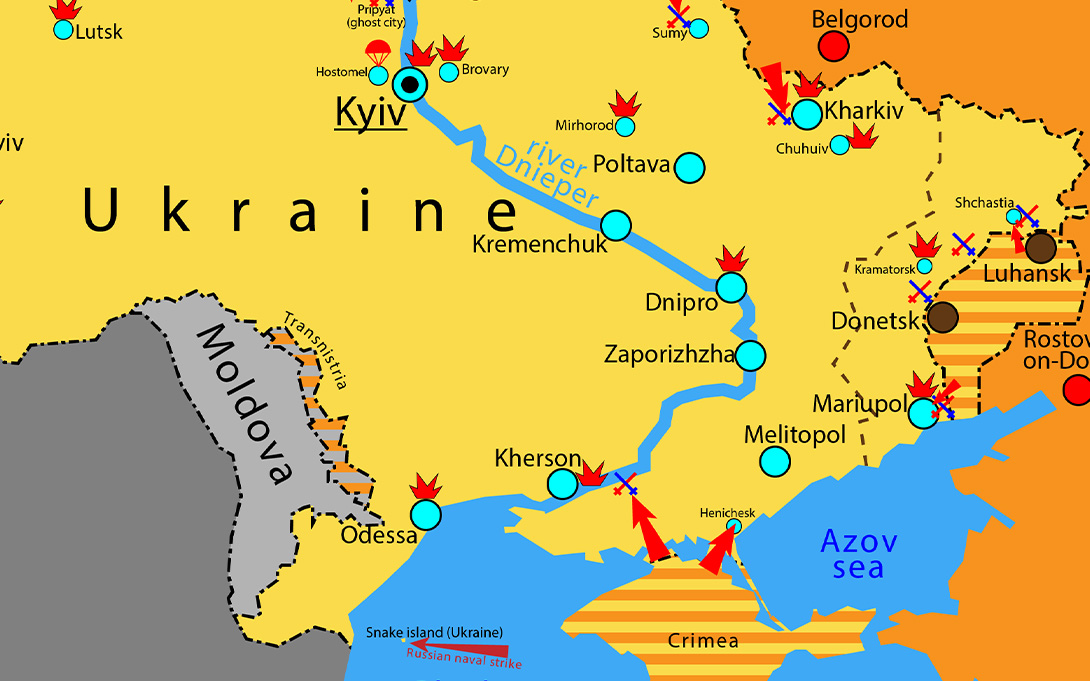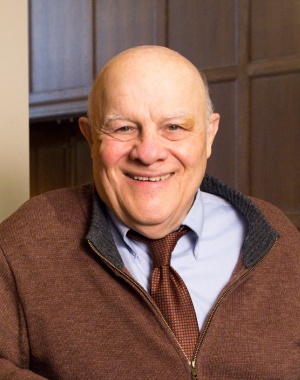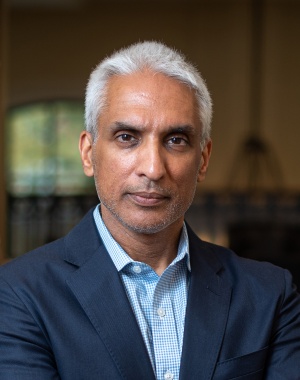
As the invasion of Ukraine continues, media outlets turn to Ford School faculty for insight on the situation. This week, Ford School professors John Ciorciari, Melvyn Levitsky, and Javed Ali analyzed Russia’s intentions with the invasion, as well as the logic behind it.
“It’s one of those transition periods (in Russia) where you have a very strong autocratic government, but it’s not a totalitarian government in terms of controlling everything that goes on,” Levitsky, professor of international policy and practice, said on FOX66 & NBC25. “There’s private enterprise now which didn’t exist in the Soviet period. There’s private business, there’s dissidence, I wouldn’t say dissidence but opposition.”
Watching the invasion unfold, many are wondering what Putin’s motivations are and what he hopes to gain.
"Putin clearly views the invasion of Ukraine as a way to bolster perceptions of his strength, at home and abroad. But this is a major gamble," Ciorciari, associate professor of public policy and director of the International Policy Center and Weiser Diplomacy Center, told Fox News. “Putin is often seen as enjoying a commanding position at home that enables him to pursue expansionist policies abroad. Yet the decision to attack a major neighboring state and suffer broad international sanctions may suggest a different story — one of a vulnerable leader willing to take risks abroad to secure his position at home.”
Levitsky discussed how the threat of NATO played into the invasion.
“The question of Ukraine coming in as a NATO member wasn’t favorable in Russia’s terms, but there was no immediate proximate cause for Russia to invade Ukraine. Ukraine was not going to get into NATO right away. It’s been made very clear they don’t qualify on the basis of NATO membership,” Levitsky told TRT World Now. “By doing so, he’s violated every international law and international treaty, including the UN Charter that exists today. Instead of bringing back Russia’s name as a great power equal to the United States and NATO countries, he’s actually damaged Russia’s reputation and Russia’s place in the world.”
On WWJ, Levitsky talked about how he believes the invasion will play out.
“I don’t think he’ll be successful in terms of taking over the country. And if he does, it’s like Colin Powell used to say, it’s the Pottery Barn. If you break it, it’s yours,” he said. “And what happens if you go in? Are you an occupying power? They went into Afghanistan before, they got knocked back by the locals. Certainly, there will be continued fighting even if the Russians go in and take Kyiv.”
Ali, associate professor of practice, thought that the United States needs to be looking out for possible Russian cyber attacks.
“In terms of the things that we all need to be on the lookout for when it comes to Russia, they are the world’s most sophisticated cyber adversary facing the United States. Russia and other Russian-based elements have launched cyber operations and attacks against the United States since the mid-2010s, perhaps even earlier,” Ali said on WDIV. “We have seen a Russian playbook when it comes to cyber operations already, and what they’ve shown is they’re very good, they can operate very quietly and we generally don’t know what they’ve done until after the fact. And that’s a pretty disturbing sign.”
On The Lucy Ann Ann Lance Show, Levitsky said we can’t know how the conflict will end. While diplomacy is still possible, Putin’s KGB mindset seems to be prominent. “He has said the greatest tragedy of the 20th century was the breakup of the Soviet Union.”
Read, hear and watch the news items featuring Ford School faculty:
- Ukraine showdown: Volodymyr Zelenskyy challenges Vladimir Putin, Fox News, February 26, 2022
- Melvyn Levitsky: Opposition in Russia makes war more difficult for Putin, FOX66/NBC25, February 26, 2022
- Flashpoint Interview: Counterterrorism expert addresses Ukraine invasion’s impact in Michigan, WDIV, February 27, 2022
- Ukrainian-Americans in Michigan are helping their countrymen fight back however they can, WWJ, February 28, 2022
- Russia's War on Ukraine, The Lucy Ann Lance Show, February 28, 2022
- Why does Russia feel threatened by NATO’s eastward expansion?, TRT World Now, March 2, 2022

